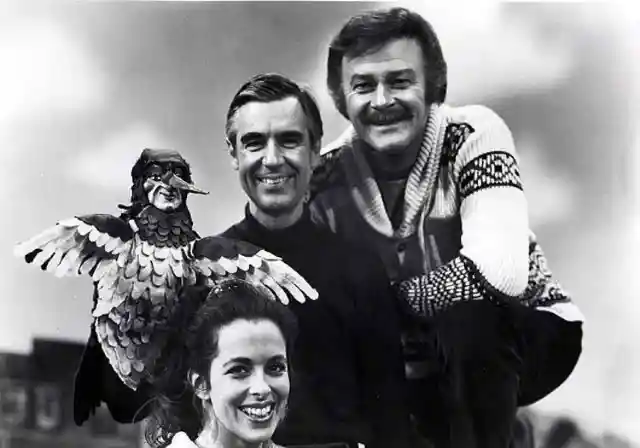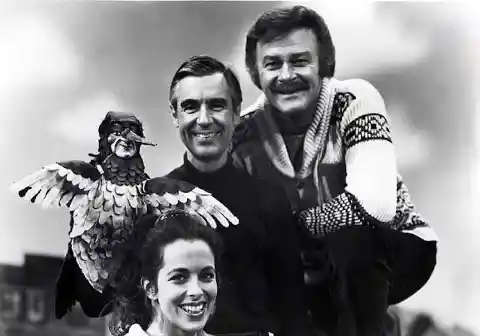His Childhood
If you grew up anytime between the late 1960s and early 2000s in North America, you likely know Mr. Rogers. But there’s a lot you might not know about the beloved, sweater-wearing neighbor who graced our television screens for so many years.


On March 20, 1928, in Pennsylvania, Fred McFeely Rogers was born. He was an only child until the age of 11 when his parents adopted his little sister. Those first 11 years were an incredibly lonely time for Rogers. Apparently, he was overweight and shy, and people would bully him when walking home after school.
Rogers said, “I used to cry to myself when I was alone. And I would cry through my fingers and makeup songs on the piano.” These experiences as a child would jumpstart his television career.
A New Outlook
As he grew up and entered high school, he began coming out of his shell. But it would be a visit back home during college that he would finally find his calling. His parents had purchased a television set and he instantly felt he wanted to be a part of it.
Rogers didn’t think children’s television was any good. “I thought there was some way of using this fabulous medium to be of nurture to those who would watch and listen,” he told Pittsburgh Magazine.


The Start of Mister Rogers’ Neighborhood
Fred Rogers began his television career as Mister Rogers in 1963 on a Canadian Broadcast System. But Canada wasn’t where Rogers and his wife wanted to raise a family. They moved back to Pittsburgh where ‘Mister Rogers’ Neighborhood’ was born in 1966. PBS would air the show throughout most of the United States two years later.
After the show took off, Fred Rogers became a national symbol. He actually wrote 200 songs for the show after earning a music composition degree. He was the one who wrote the opening theme for the show.
Rogers covered current events and issues in a kid-friendly way during the half-hour-long episodes. He informed his young viewers about the tough issues in a very respectful and direct manner. He talked about divorce, war, and death.
Topics Of Discussion
Mr. Rogers tackled the issue of race and segregation during a time when it was still widespread in the country. He invited the character Clemmons, a local police officer, to share a small plastic pool. They both removed their shoes and soaked their feet in the pool together. In a time when this wasn’t accepted, Mr. Rogers defied the times.
Additionally, he talked about Robert F. Kennedy’s assassination, the September 11th attacks, and so much more. He always found a respectful and calm way to talk about these issues and would advise children to grab an adult to watch the show with.


He Didn’t Have Any Vices
Fred Rogers didn’t really have any vices, which might not be surprising. He wasn’t a smoker or a drinker and was a vegetarian. He once said, “I don’t want to eat anything that has a mother.” He remained married to his wife Joanne until the day he passed.
Interestingly though, Mr. Rogers said he enjoyed skinny dipping and did so almost every morning.
He Didn’t Fear Dead Air
Mr. Rogers didn’t fear a little dead air, unlike television executives. He invited a marine biologist to the program so that he could show children that fish made sounds when they ate.
The marine biologist put a microphone into Mr. Rogers’ fish tank but the fish wouldn’t eat. With so much dead air, producers thought it would be best to re-record the segment. However, Mr. Rogers wanted to keep the original. He said this would allow kids to learn how important it is to be patient.
Rogers received many awards for his contributions to children’s television, including a 1997 Lifetime Achievement Award, a 2002 Medal of Freedom, and four daytime Emmys. He was also inducted into the Television Hall of Fame in 1999.
But his achievements went beyond the trophies and medals. Fred Rogers managed to break out of his shell, find his true calling, and become the beloved character we remember so fondly. He taught us all something, not just children. He taught us to be kind to one another, to ask for help and comfort when needed, and to be a little patient.